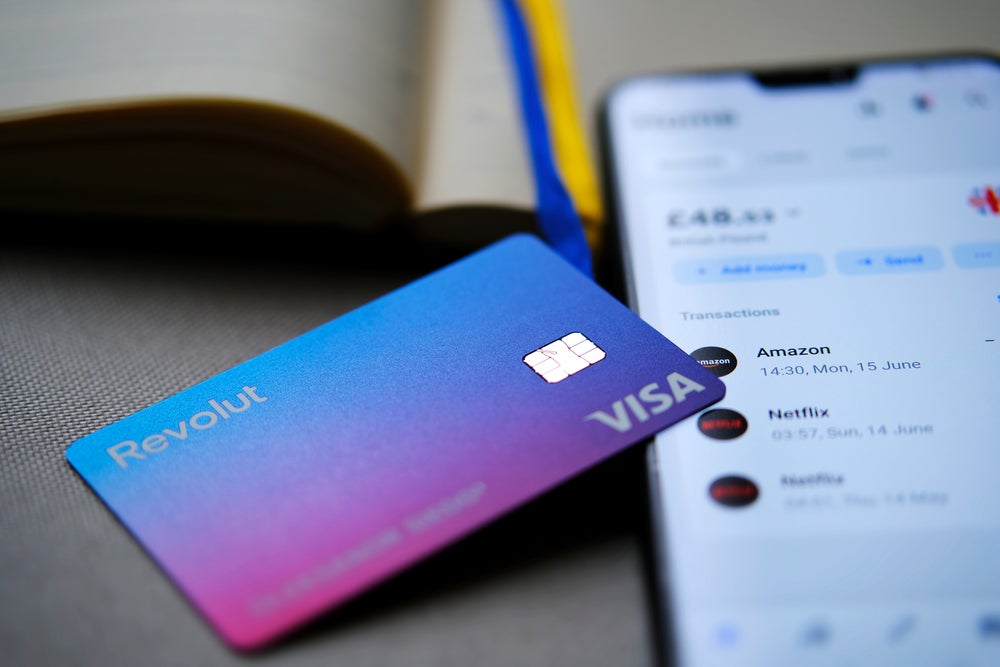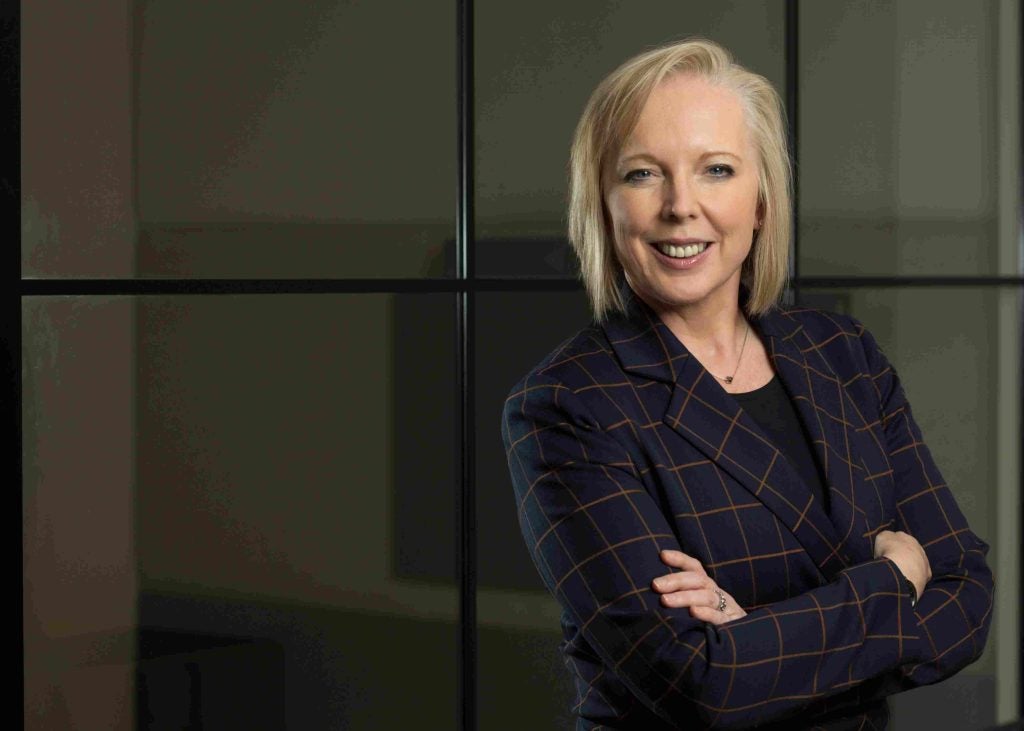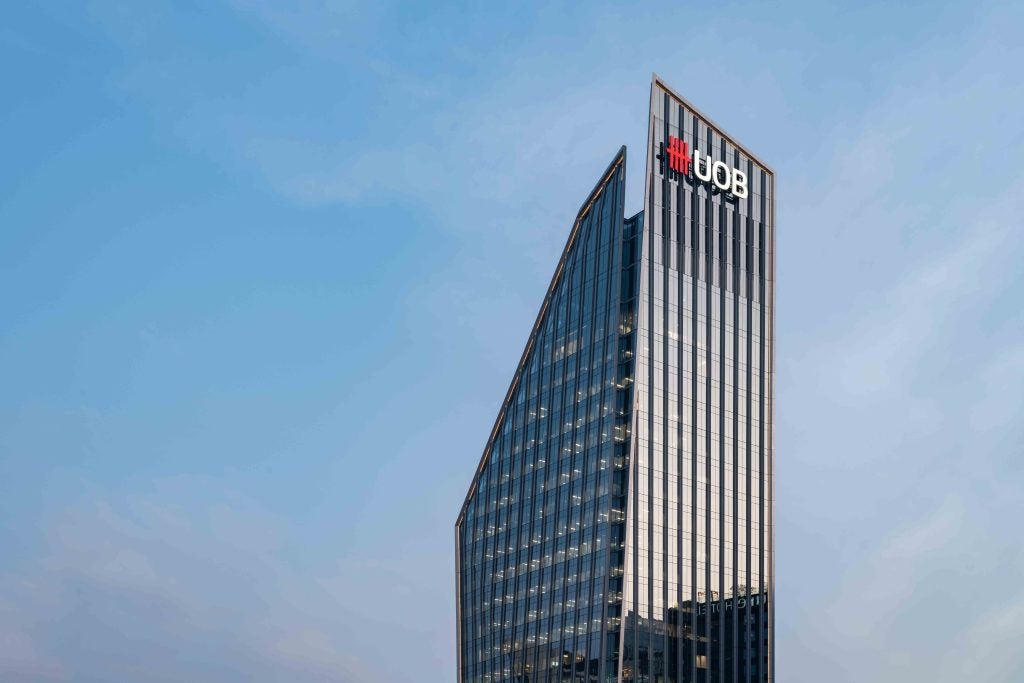
UK neobank Revolut haș claimed the title of being Europe’s most valuable startup after Checkout.com slashed its internal valuation.
Revolut haș been duking it out with the payments company and buy-now-pay-later (BNPL) venture Klarna for years about being the continent’s most valuable privately run venture. The race has been close.
However, things has changed in 2022. This year has been brutal for fintech firms across the globe. Markets have become more volatile and, as a result, investors have tightened their purse strings. Financial services innovators are finding it harder and harder to raise new cash to grow.
For the top trifecta of Europe’s biggest startups, the tougher environment has had a palpable effect.
Klarna was the first to lose the title
First Klarna lost the crown in July when it suffered through an $800m down round that shaved Klarna’s valuation to $6.7bn, down from the $45.6bn valuation it had achieved on the back of a $639m SoftBank-led funding round one year earlier.
The company has faced a lot of pressure this year. Not only is it fighting off multi-billion rivals like Affirm and Block’s Afterpay, but has also duked it out against a string of new startups claiming a slice of the BNPL market.
Moreover, incumbent payment firms PayPal and Big Tech businesses like Apple have also elbowed their way into the sector.
Add to that that regulators are increasingly making moves to introduce stricter rules for the industry across the globe and a drop in online shopping, and it’s easy to see how Klarna has been squeezed over the year.
While CEO Sebastian Siemiatkowski has put on a brave face, the down-round and Klarna’s mass-layoffs suggest that things are not over yet for the Swedish fintech.
Checkout.com loses its title to Revolut
Klarna’s down round meant that Checkout.com had became Europe’s most valuable startup by default, with Revolut coming second. Checkout.com had achieved a $40bn valuation in January after securing a $1bn Series D funding round.
However, this week Checkout.com lost the title to Revolut after the payment company slashed its internal valuation down to $11bn.
The London-based group told its staff that it was going to cut its valuation in November, according to people familiar with the move speaking with the Financial Times.
At the same time, Checkout.com lowered the price at which staff can exercise their stock options, down from $252 per share to about $64.
By slashing its internal price, employees can enjoy scope for further gains in the case of future deals, such as an initial public offering. Fintech firms Stripe and Instacart have made similar moves in recent months.
Fintech funding has fallen in 2022
Checkout.com’s initative has been interpreted as another casualty to the volatile markets and the end of cheap capital the fintech industry enjoyed over the course of the pandemic.
Over the course of 2022, cash injections into the fintech industry have plummeted to below pre-Covid-19 levels.
Back in 2016, investors put $79.7bn into the fintech industry across 1,697 venture financing, equity offering, private equity and debt offering deals, according to data accessed from research firm GlobalData on December 9.
Those figures jumped over the next few years. In 2021, backers invested $261.7bn across 2,923 deals. However, funding has dried out in 2022. As the year is coming to a close, financial services innovators have only secured $81.4bn in new capital across 1,798 deals, according to GlobalData.
Revolut beats Checkout.com
Checkout.com cutting its internal valuation means that Revolut has claimed the throne as the leading European startup, in terms of valuation.
The UK challenger bank joined the tridecacorn club on the back of a $800m funding round in July 2022 that pushed its valuation past the $33bn mark.
Since then it has been busy. Over the year it has launched new services – such as a BNPL service – secured new users and continued its expansion into the States. While other tech firms are tormented by mass-layoffs, Revolut has been one of the companies eager to hire new talent.
CEO Nik Storonsky has also claimed that the company is "cash-generating" and was profitable last year too. That being said, Revolut has not released its 2021 financial statements yet. It has filed for two extensions and is expected to release it at some point in December.
Storonsky has also said that the company has enough dry powder to last for two years, meaning it doesn't need to raise new capital unless it wants to expand into new countries and regions.
That being said, the company does have some obstacles on its path to cement its position as Europe's most valuable startup for the foreseeable future.
For starters, it needs to obtain a banking licence in its home market. A UK licence would provide it with a more trustworthy perception among customers and make it easier to become the go-to place for primary accounts rather than just being seen as a spending account holder. This would enable Revolut to get more revenue out each customer.
Moreover, the neobank and its rivals Monzo and Starling, have all dealt with an increased number of fraud complaints in 2022, according to the Financial Ombudsman Service.
Still, Revolut bagging the title of being Europe's most valuable tech startup from Checkout.com is sure to be a welcome early Christmas gift in the neobank's offices.
GlobalData is the parent company of Verdict and its sister publications.







